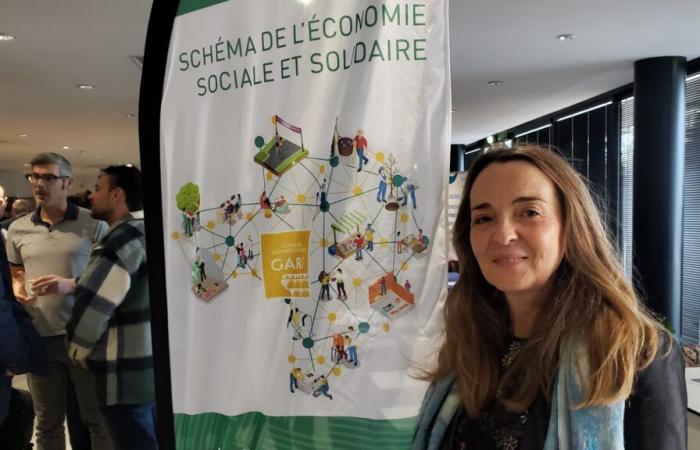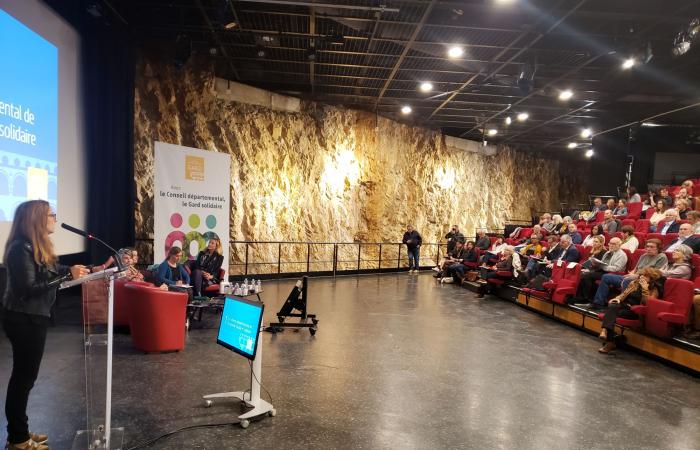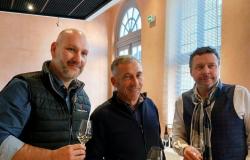The Gard Departmental Council reviews its way of developing the social and solidarity economy (ESS) by 2025. On November 26, 2024 in Pont-du-Gard, the community presented the concept of call for commons. This system, currently being developed, is based on the cooperative work of ESS stakeholders (companies, cooperatives, associations, etc.). They would then be responsible for identifying needs of the territory and to propose solutions ensemble.
“It’s a territorial entry” in social utility, according to the words by Hélène Meunier, vice-president of the Department responsible for Public Reading and ESS. The call for common proposals differs from the classic call for projects, where it is the communities which define a need, and select one or more structures proposing their solutions.
A more cooperative alternative for Gard associations
This alternative strategy, voted in March 2024, is the result of requests from local stakeholders, during the consultation of the solidarity plan at the end of 2021. Martial Jourdan, co-founder of the third place Le 21 in Uzès and president of Radio Fuze, remembers having called for a mode of operation favoring cooperation between associations rather than competition: “Stop putting us in competition, we need to bring our skills together!”
A call visibly heard by the community, because three years later, the commons tool is being developed. A first “version” will be implemented in 2025, an experimental year, with an evaluation planned for October. Hélène Meunier also indicates that the budget allocated to all of the common areas will be 250 000 € every year.
As for the modalities, the call for commons requires a cooperation of at least three actors of the ESS. These must respond to territorial needs linked to issues such as fight against discrimination, the poverty or the climate change, or even the grow well, the age well, integration or disability.
Preventing common-washing
These criteria should be refined when launching the first calls, allowing the public to take ownership of the approach. Because according to Laurent Marseault, co-founder of Outils-réseaux, an organization supporting collective practices, this concept is the victim of many preconceived ideas. “There is a bit of common-washing,” warns the specialist in digital cooperative practices.
Although one of its roles consists of setting up a internet platform pooling of resources, he warns: “It is not enough to put content online. It must be sincerely shared, while being legally protected.” He gives an example, a card game he co-founded called Prospective lab. It is an educational tool to learn about virtuous preparation for the future. A resource “co-managed by a community of producers and users.
This concept is consistent with the terms of Stephanie Bost, former director and founder of the Interphaz OST association (design and promotion of collective initiatives). During her conference, she asserts that with the commons system, “consumption becomes a contribution”.







